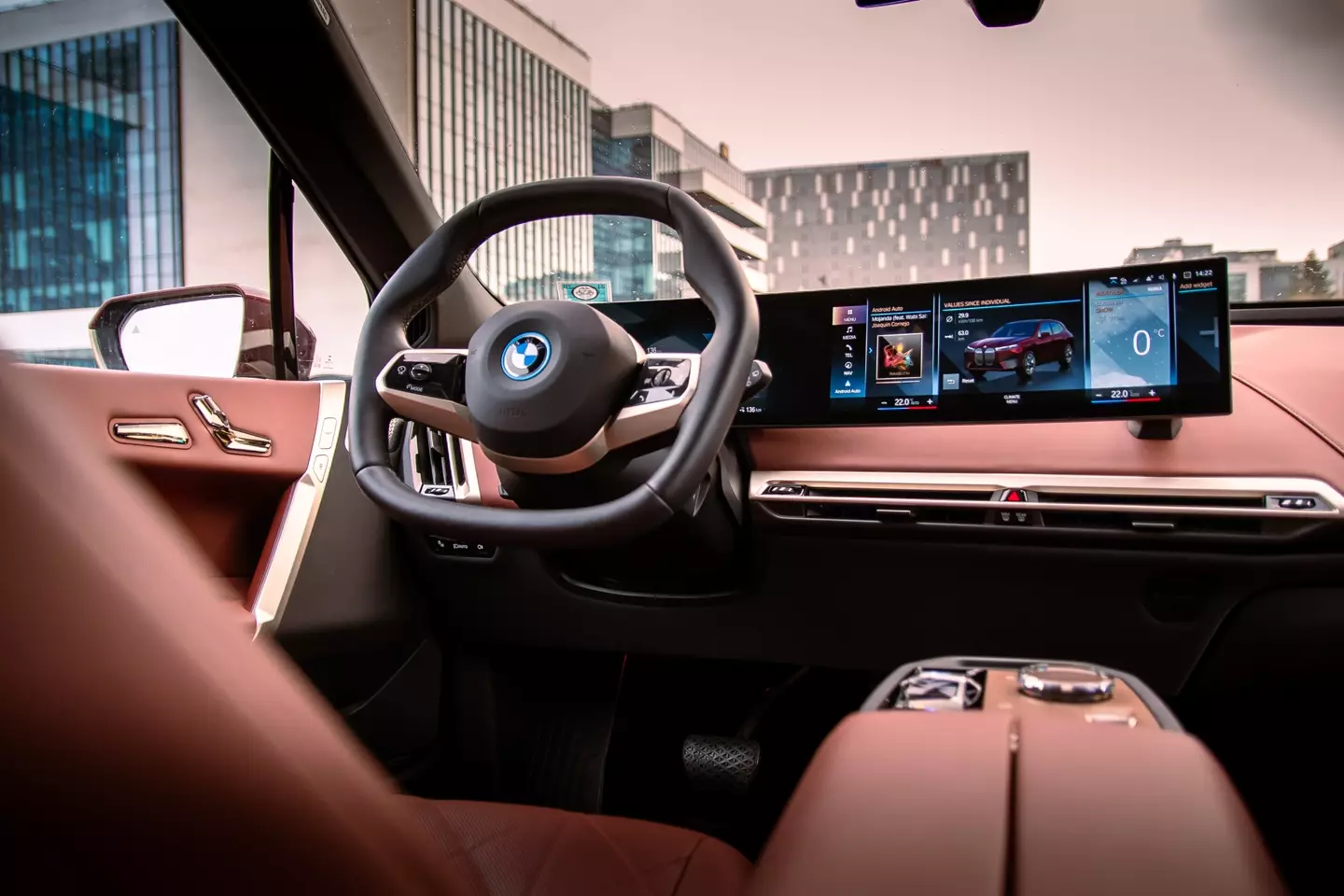
BMW is now charging customers as much as $18 (£15) per month for heated seats.
The move is reportedly part of the car company’s push to make money long after the car is sold by charging for vehicle software.
Car owners who don’t pay won’t have access to heated seats, even if their vehicle has the necessary hardware.

Advert
Reporting on the move, Business Insider notes that subscription fees started appearing on BMW websites in South Korea, the UK, Germany, South Africa, and New Zealand.
While heated seats will set car owners back $18 per month, a heated steering wheel costs $10-$12 monthly and other subscriptions being offered by the car giant include high-beam headlights for $12 per month plus adaptive cruise control with lane centring for $42 per month.
In a statement to UNILAD, BMW pointed to the brand’s ConnectedDrive feature, which allows customers to integrate their mobile devices and smart home technology with their car while also accessing other features.
BMW said: “Where heated seats, or any feature available in the ConnectedDrive store have been purchased when a customer vehicle is ordered, no subsequent subscription or payment is necessary.
Advert

“The ConnectedDrive Store offers customers the opportunity to add selected features, which they did not order when the vehicle was built, at a later date. This can be helpful for new customers should their circumstances change after their purchase. For secondary owners, this functionality is particularly useful, as they now have the opportunity to add features the original owner did not choose.
“Customers can enable all hardware features for a one-time payment or if preferable, choose an annual or monthly subscription, depending on the feature. This enables drivers to experiment with a feature by purchasing a short-term trial before committing to a purchase.”
In February, Insider predicted that car companies could make billions by charging monthly for add-on features, with brands including Lexus, Toyota, and Subaru all offering features that allow owners to lock their car remotely via an app if they’re willing to pay for the convenience.
Advert
A study carried out in January found that 58% of people who have their car linked to a smartphone app wouldn’t be willing to pay for it.
Kristin Kolodge, vice president at research company J.D. Power - which carried out the study - said: “I think we're going to see some interesting ebbs and flows of what really sticks.”
If you have a story you want to tell, send it to UNILAD via [email protected]